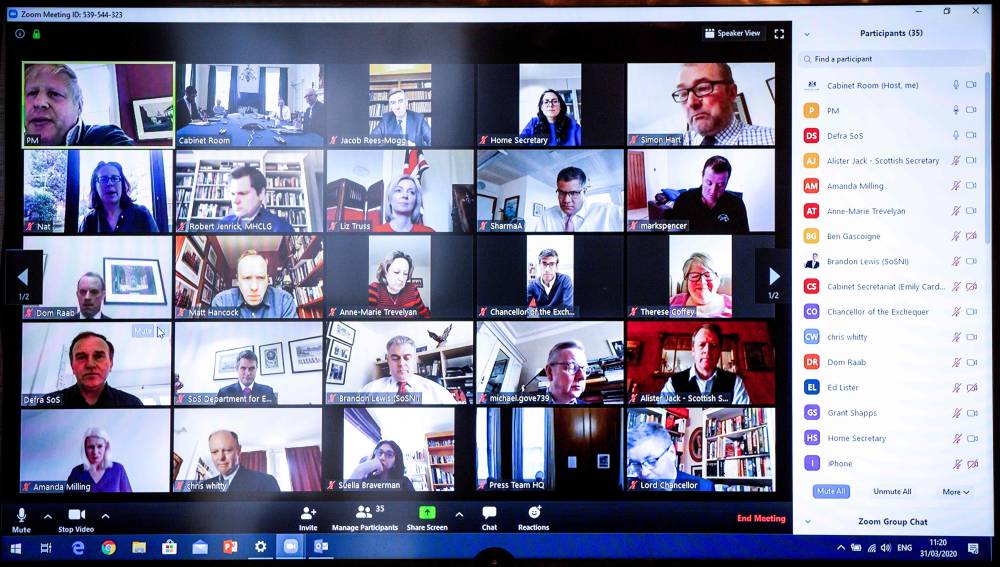During the coronavirus pandemic, it seems as if everyone is connecting with Zoom’s videoconferencing app — including, on occasion, unwanted visitors.
Online trolls have been sneaking into web meetings and disrupting them with profanities and pornography for at least the better part of the last month. Cybersecurity researchers fear these disruptions could be a precursor to more harmful attacks allowing hackers to commandeer connected machines to access secure files or other corporate software.
"Much of our current reality is unchartered territory, and this growing dependence on Zoom at home is just another one,” said Mark Ostrowski, regional head of engineering for Check Point Software Technologies Ltd. "As soon as a platform’s attack surface gets big enough, you can only expect that they’ll become more interesting to attackers. That’s what’s happened to Zoom.”



















With your current subscription plan you can comment on stories. However, before writing your first comment, please create a display name in the Profile section of your subscriber account page.